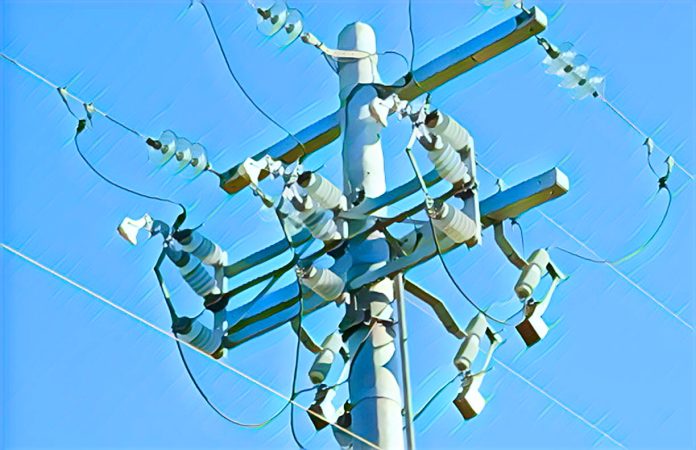Hotel owners in Delta State, Nigeria, are raising alarm over the crippling effects of inconsistent electricity supply, particularly impacting key business areas like Uvwie, Warri, Sapele, Ughelli, and Udu. The crux of the problem, they allege, lies in power racketeering activities involving officials from the Transmission Company of Nigeria (TCN) and Benin Electricity Distribution Company (BEDC) Plc. This malpractice involves the diversion and sale of electricity, designated for commercial use, to residential areas by the highest bidders, further exacerbating the challenges faced by the hospitality sector.
The dire situation has seen a drastic reduction in power availability, with a “33 line”—a power line dedicated to supporting businesses such as hotels and industries—from an expected 18 hours of electricity supply to scarcely six hours or less each day. Over the past four months, there’s been a significant downturn in the electricity provision, leaving hotels and other businesses to rely heavily on diesel and fuel generators for operations. This shift has inflated operational costs to unsustainable levels.
Austin Wareyai, CEO and Chairman of Lascurt International Hotel located in Uvwie, spoke on behalf of the hoteliers, pinpointing electricity racketeering by TCN officials as a primary cause of their distress. Wareyai highlighted the severe financial strain businesses are under, with the majority of their revenue being funneled into procuring diesel for power generation, rendering them unable to cover even basic expenses like workers’ salaries.
Despite the lack of power supply, businesses also grapple with exorbitant electricity bills, adding insult to injury. Wareyai has called upon Delta State’s Governor, Hon. Sheriff Oborevwori, to intervene by ensuring that the TCN and BEDC Plc deliver on their mandate to supply electricity, particularly to business districts. He has urged the state government to explore and provide alternative power solutions, similar to initiatives recently observed in Aba, Abia State.
The hospitality industry, a significant employer in Delta State, faces a bleak future if these power supply issues persist. With hotels on the brink of closure and employees facing months without pay, there’s an escalating threat not only to the economy but also to the social stability of the region. Wareyai’s plea for government action underscores the urgency of the situation, emphasizing the need for immediate and effective solutions to safeguard the hospitality industry and by extension, the livelihoods of thousands of Delta State residents.



